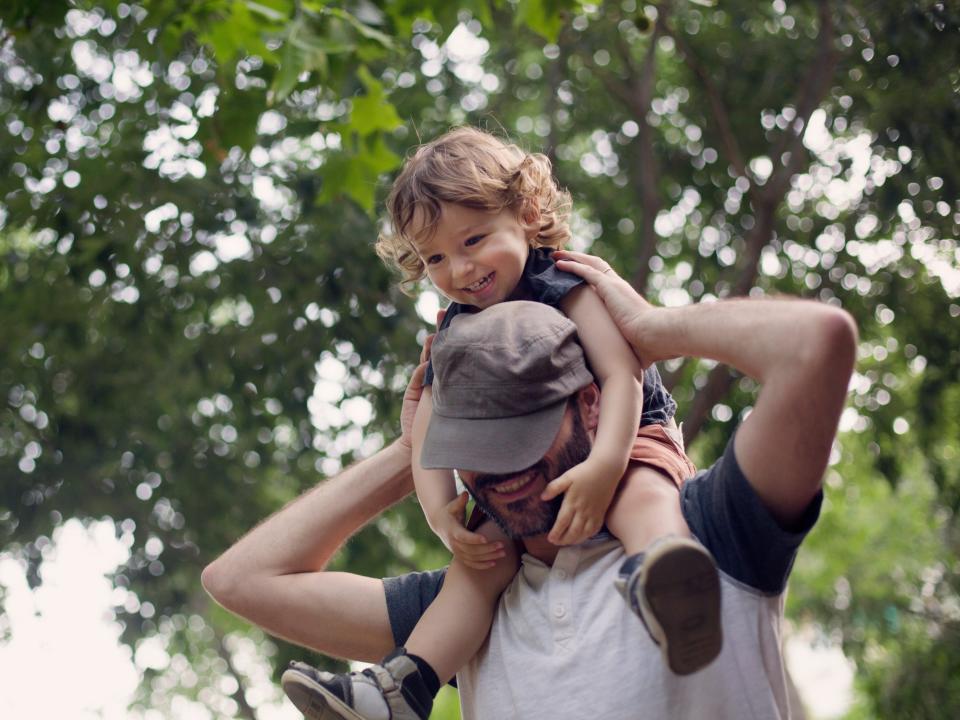I was the memory keeper for my kids when they were little. Now I'm doing the same for my aging parents.

When I was in graduate school, I vowed to narrate my kids' early years to them if I became a parent.
I've kept journals and wrote essays to remember everything from their childhood.
I realized as my mom got older that I was also narrating her life to her as she lost her memory.
When I was in graduate school and not yet a parent, part of my dissertation focused on historical novels that memorialize victims of the Holocaust. A key author I learned from was Raymond Federman.
Much of Federman's fiction is based on his horrifying experience as a 13-year-old Jewish boy saved from being taken to a Nazi concentration camp in 1942 by his mother's hiding him in a closet.
Federman listened in darkness as the Nazis led his mother, father, and two sisters away from their home in France to be killed at Auschwitz. He later immigrated to the US and became a prominent member of the American literary avant-garde for decades.
While researching Federman's work, I was struck by one of his revelations from becoming a parent. In the first years of our lives, which we do not remember, our parents are like surrogate rememberers who narrate and establish who we are via stories and photos.
Eventually, we assume the narration of such memories. But Federman realized he knew so little about his early self because his parents' stories and photos of his and their childhoods died with them in the Holocaust.
After emotionally processing these insights, I vowed that if I ever had children, I would try to narrate their early years as best I could. The result has been two decades of keeping journals, writing essays, saving artifacts, and filling countless bins with family trinkets and lore as a stay-at-home, and later a working, dad of two daughters.
Granted, I might have become a memory hoarder even without Federman's words, but I have no doubt his sentiment has anchored my parenthood.
It's not just with children
Over the years, I have realized a parenting inversion: Just as we narrate our children's lives when they're quite young, our children eventually narrate our lives when we're quite old — whether in the form of a eulogy after our death or in the form of memory keeping if we succumb to illness late in life.
I had the misfortune of realizing this during my mother's battle with Alzheimer's before her death.

 Yahoo Autos
Yahoo Autos 